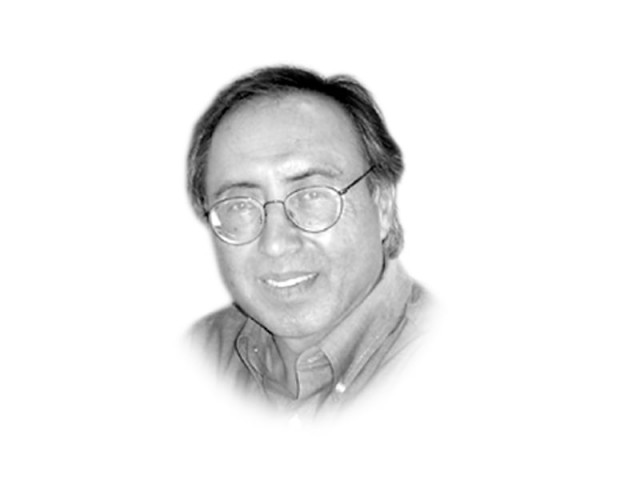An uncertain political future
In the evolving confrontational and uncompromising political positions we shouldn’t rule out political violence.

All democratic transitions have structural and institutional weaknesses. The statesmen and genuine democrats address them by working together and resolving issues one by one. It is like removing roadblocks by collective strength. Two words are enough to express the role of transitional leaders — consensus and cooperation. The record of our political players — and I mean serious players — political houses and political businesses has been dismal on these two essential points. The consensus on democracy has remained superficial, while cooperation is contingent upon getting adequate share out of the political spoils.
There is another problem. The rising political frustrations of an overgrown population size, limited economic resources and greatly weakened institutional structure of the state offer opportunities for opposition groups to bring the people on the streets. In our history, political leaders, parties and factional leaders filled with political ambition and using emotionalism and rhetoric have succeeded in crafting political strategies to destabilise incumbent governments. This speaks a lot about the frailty of democracy and of political institutions of the country.
Our optimism about democratic consensus and cooperation fades with the deafening sounds of ‘revolution’, ‘liberation’ and ‘genuine’ democracy. It has been much easier for populist leaders and religious demagogues to delegitimise and destroy the system than have any influence on succeeding political events. Let us consider two nationwide ‘democratic’ movements: one against Ayub Khan (in 1969) and the other to topple Zulfikar Ali Bhutto (in 1977). At a much smaller scale, some parties gathered around one-point agenda to remove Nawaz Sharif (in 1999). Our repeated failures to work through the system created the right conditions for the military to step in. We can only hope history will not repeat itself.
As Imran Khan, Tahirul Qadri and their political allies prepare for the long marches toward Islamabad, the country may become politically suspended in the coming weeks, and may be months. A determined attempt as it is, it may paralyse the government and further weaken state authority. Will the government resist, resign or accept the challenge of mid-term elections? It is hard to offer any definite answer. In either case, the government is not likely to remain unperturbed, and may find more parties and groups joining the PTI campaign.
We are witnessing a new polarisation mainly within Punjab and between the parties and groups on the right of political spectrum. Neither ideology nor programmatic political agenda has any role in the making of this polarisation. It is pure and simple power politics though rationalised by principles — one side defending its electoral win as genuine and the other side rejecting its mandate as rigged and false.
Irrespective of the merit of their respective positions, we may see the politics of compromise and accommodation collapsing once again. In the evolving confrontational posturing and uncompromising political positions we shouldn’t rule out political violence. Apart from the raw emotions and subversive mob psychology, violence may be a deliberate act from either side. If that happens, the situation will surely spin out of control. At best the situation is going to be very messy, at worst, it may lead us down the familiar lane of democratic breakdown.
Published in The Express Tribune, August 6th, 2014.
Like Opinion & Editorial on Facebook, follow @ETOpEd on Twitter to receive all updates on all our daily pieces.















COMMENTS
Comments are moderated and generally will be posted if they are on-topic and not abusive.
For more information, please see our Comments FAQ